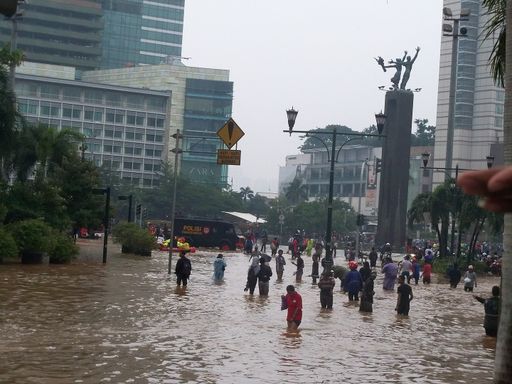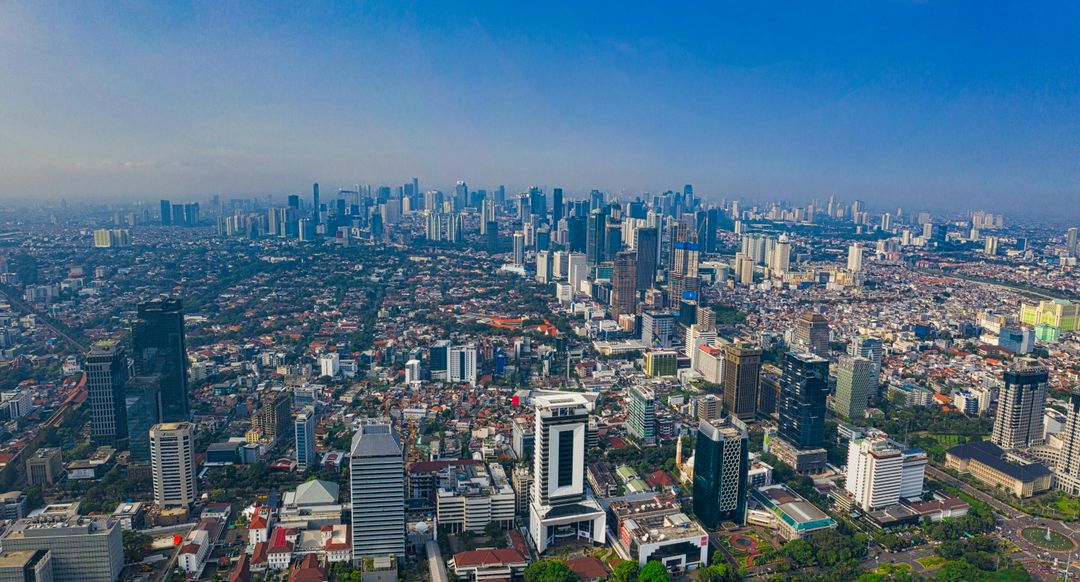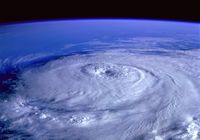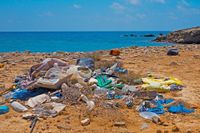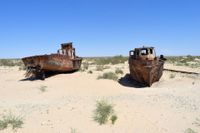According to experts, Jakarta could be 95 percent underwater by 2050, affecting 30 million people who live in the capital and surrounding suburbs. Climate change is not the only contributing factor to this sinking; the primary issue is that only half of the population is connected to the public water network. Instead, they illegally extract water from self-dug wells, causing the clay and silt ground to increasingly dry out and sink.
Nusantara – the new green capital of Indonesia
According to Indonesian politics, Jakarta's sinking is inevitable. That's why in 2019, the Indonesian Parliament decided to move the country’s capital to the island of Borneo, situated 1,300 kilometers away. The new capital named Nusantara is expected to house 2 million people in an area of 253,000 hectares. Approximately 32 billion Euros have been allocated for its construction. The Indonesian government aims to make Nusantara as sustainable as possible - 75 percent of the city will consist of green spaces. The green city will be powered by smart wastewater systems and renewable energy, with a significant focus on public transport. In addition, the new capital will only allow electrically powered vehicles. Important destinations like workplaces, schools, doctors, or supermarkets should be reachable within 10 minutes by foot or bike. Nusantara is set to replace the metropolis of Jakarta as Indonesia's capital starting September 2024, with 12,000 civil servants starting their work in new offices. However, the final completion is not expected until 2045.

